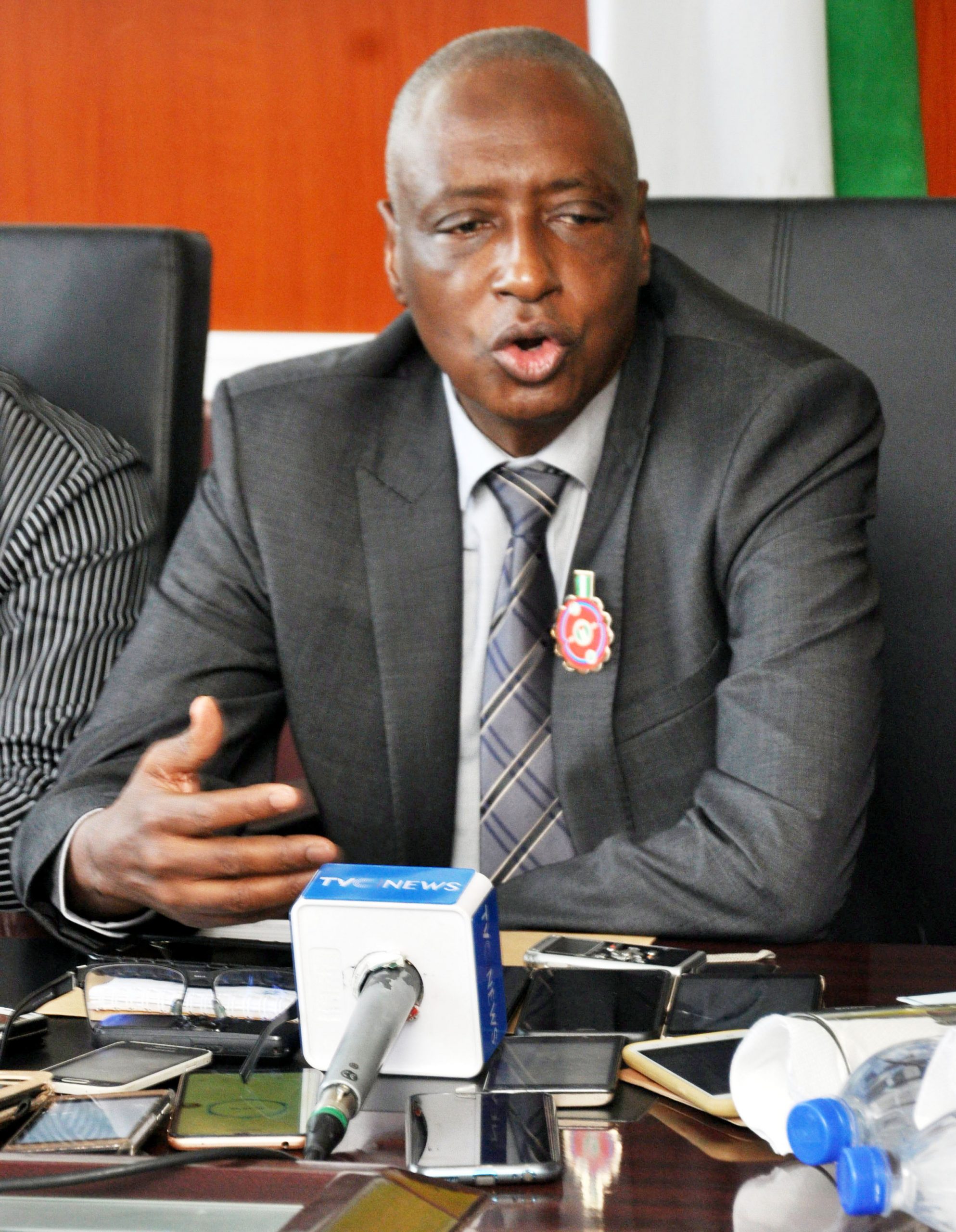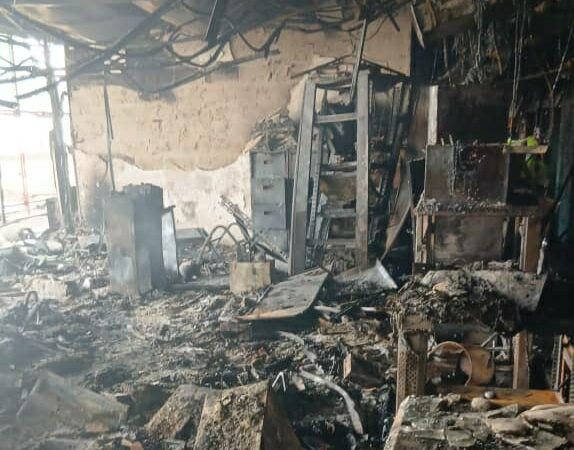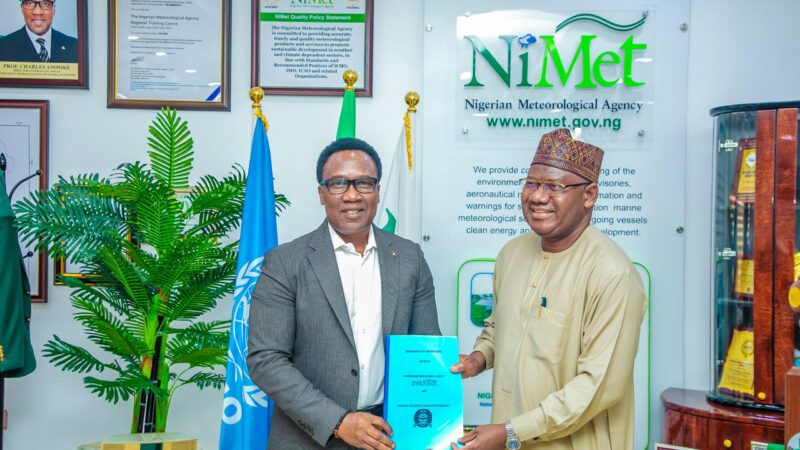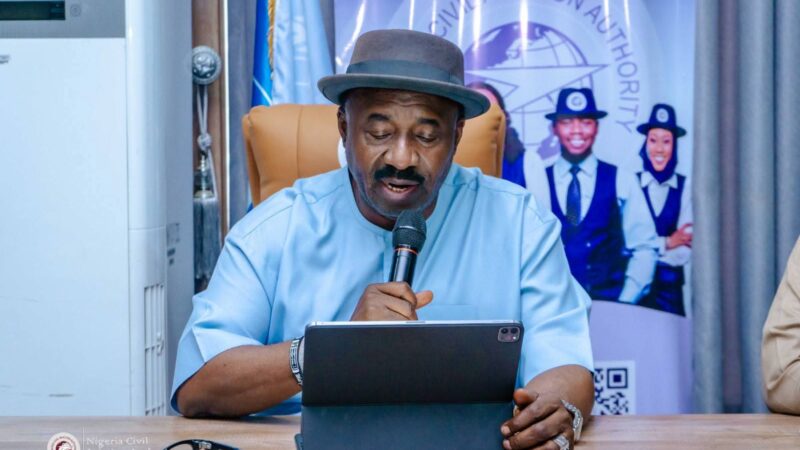NCAT scales up capacity with acquisition of 20 trainer aircraft

…begins training on drones, AVSEC, search and rescue

The Nigerian College of Aviation Technology has redoubled efforts in the area of capacity building with the acquisition of 20 aircraft for training of pilots and engineering students.
Rector and Chief Executive Officer of the College, Capt. Abdulsalami Mohammed, said the aim is to reposition the college to an enviable status where it can serve its purpose of training and harnessing potentials of aviation enthusiasts to the fullest.
Speaking at a Gateway Forum organized by the League of Airport and Aviation Correspondents on Wednesday in Lagos, Mohammed said the college already has 10 serviceable aircraft but because of the increasing needs of trainees on daily basis, there was a need to acquire more to allow enough time for proper maintenance.
According to him, the 20 aircraft are from Diamond Aircraft, manufacturer of general aviation aircraft based in Australia, adding that some of the aircraft have double engines while others have single engines.
“As it is, we have 10 aircraft that are fully serviceable, which is a good improvement on what we used to have.
“When I assumed duty in 2017, the college took delivery of only one DA42 Aircraft. This was because when the initial orders were placed, the aircraft were manufactured but due to the failure of the college then to make a payment, the manufacturer decided to sell the aircraft. So, they couldn’t get the aircraft any longer.
“The Diamond Aircraft, the supply is for 20 aircraft. That is DA42, which has two engines and DA40, which is single-engine aircraft. Because of budgetary constraints, you cannot order for the entire aircraft at once. So, we ordered the aircraft in batches.
“We said we were not going to place an order until we have money. S, last year, I placed orders for six DA40 aircraft, we made all the payments that are required to guarantee delivery of the aircraft.
“We are going to perform factory acceptance check on these aircraft in the third week of January 2020 and thereafter, by two weeks after that, sometime in mid-February or so, the six aircraft would be delivered to Zaria.
“This will greatly enhance our training capacity. With the delivery of these aircraft, we intend to place an order for the batch of another aircraft. So, we will be ordering them in batches until we take delivery of the 20 aircraft,” he said.
Alongside the acquisition of trainer aircraft, the Rector also disclosed that the college has been emphasizing on training and retraining of its entire staff as a way of building the capacity of the college with a view to positively impact trainees.
He said the college has streamlined the training in three categories, focusing on the core competencies of each staff and their areas of specialization on the job.
“We have three types of training at NCAT. The training that we provide at the college; when we identify training needs in certain departments or units like record keeping, computer appreciation, these are courses we conduct at the college.
“We have the training, which we send our staff to do either in Kaduna or Abuja. Then, we have foreign training, which involves technical ones that are licensed. These trainings are required of them to maintain the currency of their licenses,” he said.
Reacting to complaints of some junior staff of the college, who alleged that they have been excluded from the training, Mohammed debunked the allegation that the college, under his watch, has never discriminated against any staff in training.
He explained that the college had consistently sent its staff for training, irrespective of their ranks.
“In 2018 alone within the college, we trained 104 staff and in 2019, we trained 181 of our staff within the college. In addition to that, we have sent over 80 people in batches to public services institutes in Abuja annually for training and these training cut across the ranks. That is from security men, cleaners up to the chief inspector. We didn’t differentiate.
“Foreign training is for licensed staff like pilots, Air Traffic Controllers, aircraft maintenance engineers, and instructors. All these ones are NCAA requirements for recurrent training. In addition, we also send the staff to do an attachment to the industry.
“For ATC, they go to the facilities of the Nigerian Airspace Management Agency (NAMA). For the pilots, ground dispatchers, we send them to the airlines and the engineers also go to the airlines and the maintenance organizations. So, all these are part of the local training,” he explained.







